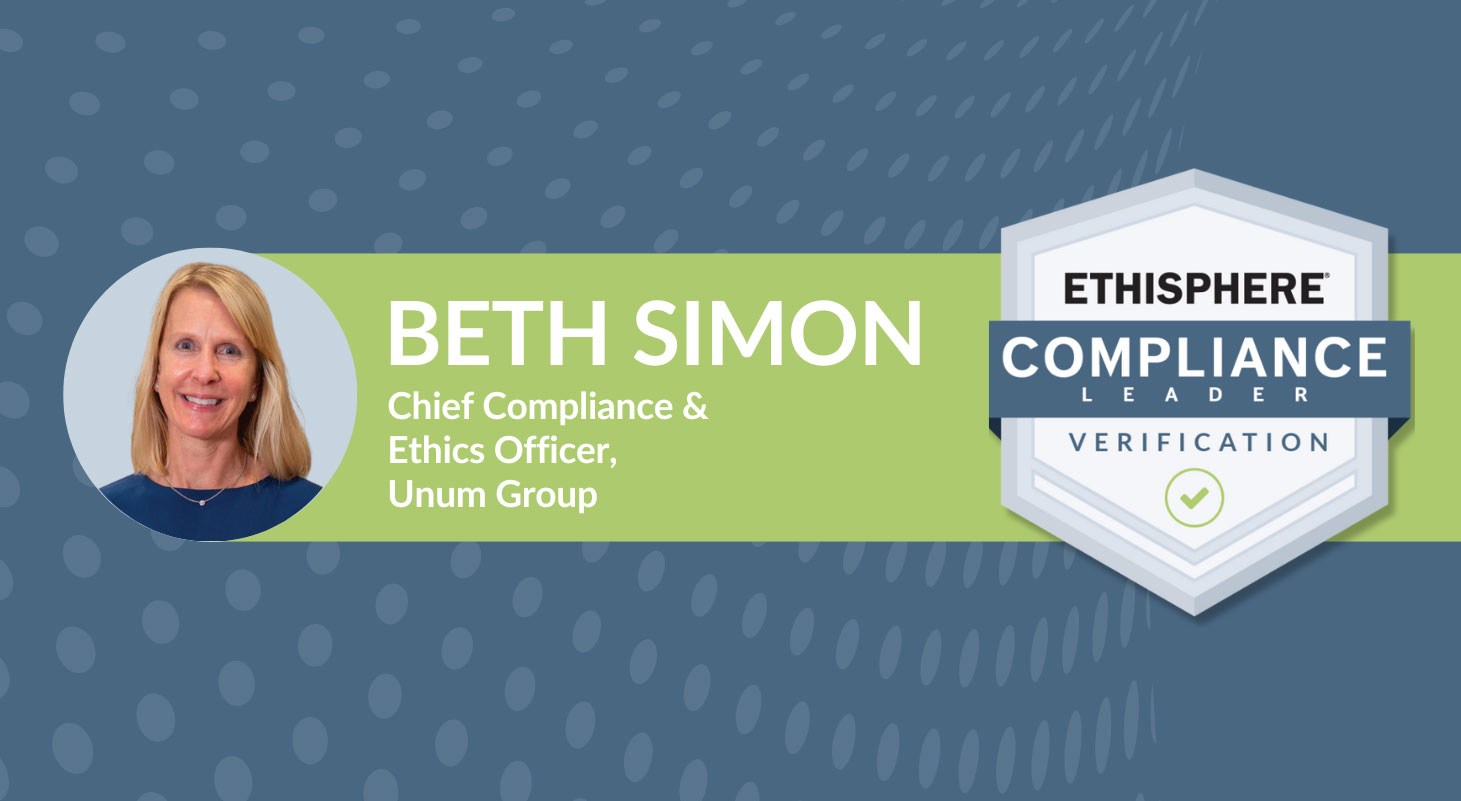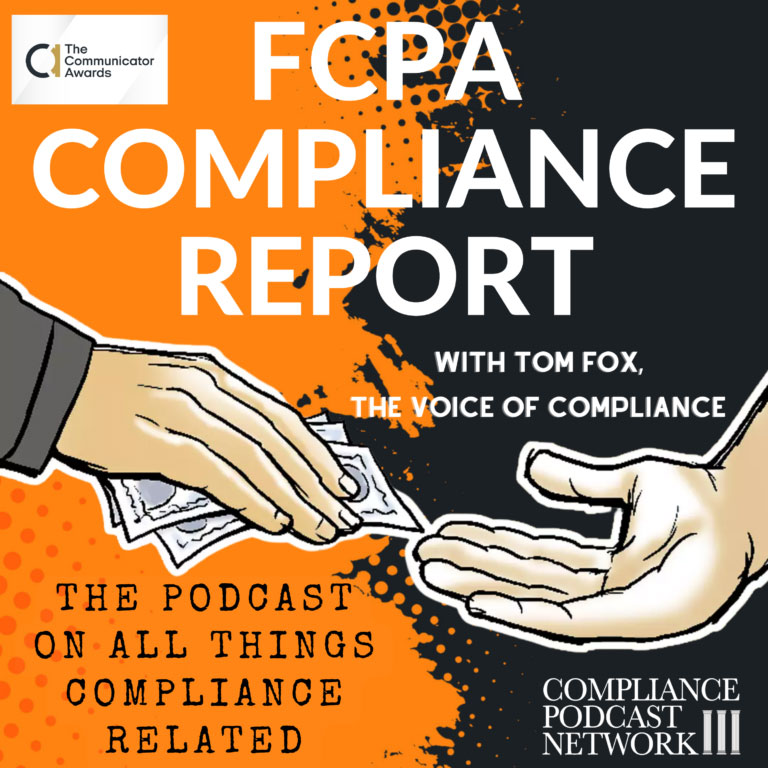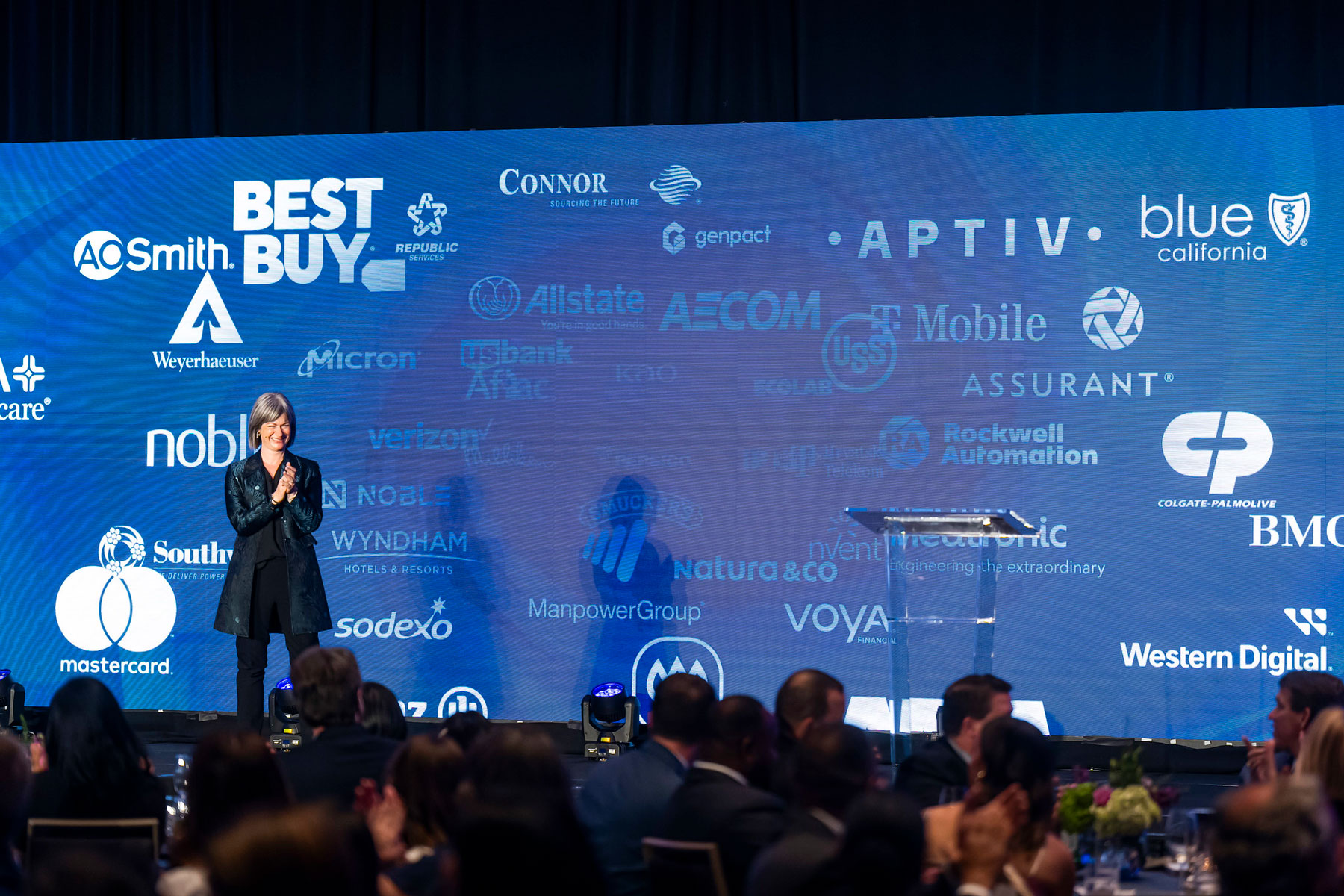Author: Douglas Allen
It’s about fostering an atmosphere where ethical behavior is the norm, and employees feel empowered to speak up about any concerns, share new ideas, and challenge assumptions.
– Douglas Allen
As scrutiny from all stakeholders grow, creating a culture of compliance is not just a regulatory necessity but now a strategic advantage. Businesses that have a culture of compliance have created an environment where ethical behavior and adherence to laws and regulations are deeply embedded throughout all levels of the organization.
What is a Culture of Compliance?
A culture of compliance refers to an organizational environment where employees are committed to high standards of behavior that goes beyond following the letter of the law. It’s about fostering an atmosphere where ethical behavior is the norm, and employees feel empowered to speak up about any concerns, share new ideas, and challenge assumptions.
Why is creating a culture of compliance important?
A strong ethical culture helps protect against people-created risks, but also builds trust with stakeholders, enhances reputation, creates a positive workplace, and establishes a foundation for long-term success. Ethisphere’s Ethics Premium shows that strong ethics = better financial performance. In addition, regulators are placing an increase in importance on organizational culture. Did you know that there has been a 63% increase in the number of mentions of culture in the 2023 DOJ Evaluation of Corporate Compliance Programs compared to the 2020 version?
Here are 10 factors that help create a culture of compliance:
1. Values resonate with employees.
When company values resonate with employees, it fosters a sense of alignment and commitment, leading to a more engaged, motivated, and ethically driven workforce. According to recent Gallup data, only two in ten employees strongly agree that they feel connected to their organization’s culture.
Actions:
- Get employee input on values statements – When it is time to refresh or establish company values, take the opportunity to review them from the bottom up. Consider using employee focus groups. Use language that reflects your industry, organization, and employee perspective.
- Connect values to behaviors – When sharing stories of desired employee behavior, include references to the specific value statement that behavior exemplifies.
2. Senior leadership sets the tone and must walk the talk.
Considerations: Messages that reinforce a culture of compliance must be delivered by all leadership levels, signaling its importance. Executives can use their platforms to share authentic stories, reinforcing that ethical conduct is as crucial as business performance. The tone at the top reassures employees that they are welcome to speak up.
Actions:
- Provide common messaging – Provide sample key messages for leaders to use during internal communications at townhalls or team meetings. Repetition of messages will increase the information being remembered and internalized, so encourage leaders to share the same message with their teams.
- Personal stories are more powerful – Encourage leaders to insert stories from their own experience handling ethical dilemmas or examples of how making integrity-based decisions drives better results for the organization and its stakeholders.
3. Direct managers influencing ethics and compliance.
Considerations: An employee’s direct manager has the most influence over an employee’s actions and attitude in the workplace. Employees most likely use direct managers as the channel to raise ethics and compliance concerns. Establishing a strong tone from the middle is important to creating a culture of compliance.
Ethisphere’s Culture Quotient® data shows that employees are more than twice as likely to be comfortable approaching their manager with a concern if their manager is engaging them in ethics or compliance related discussions at least once per quarter.
Actions:
- Train managers and focus on tone from the middle – Train managers on how to lead ethical conversations with their teams, how to handle employee reports of misconduct, their role in preventing retaliation, and resources available to support them.
- Work with managers to incorporate ethics and compliance as a regular topic of discussion with their teams. Understanding that managers are busy, embed these conversations within other actions they are already doing to foster a culture of compliance.
- Provide resources for managers to facilitate conversations – Give managers ready-to-use toolkits, slide decks, or templates that make it easy for them to insert compliance and ethics moments into their existing team meetings, one-to-one conversations, and communications.
Strong Ethics is
Good Business
Apply for the 2025
world’s most
ethical companies ⟶
OPEN july 31 – october 31, 2024
4. Ethics and values infuse day-to-day processes and projects.
Considerations: Make ethics and compliance part of the job, not an extra or separate activity. Including E&C checks within existing processes keeps compliance top of mind without taking it outside of the employee’s day-to-day work.
Actions:
- Make ethics and compliance part of the project plan – At the kickoff of a new project, consider using a process to map stakeholder impacts or check for possible ethical pitfalls.
- Include ethics and compliance considerations among the actions needed to successfully complete a task – Start with areas of highest risk such as negotiating and closing a sale, onboarding a supplier, submitting a contract for customer approval, or any other activities where there are known vulnerabilities for compliance missteps.
Considerations: Using real-world examples of non-compliance risks can effectively highlight the importance of ethical business conduct. Instead of only focusing on major misdeeds, share day-to-day stories that show the value of early concern-raising and celebrate “ethics heroes” who exemplify good behavior. This approach makes ethics and compliance relatable and reinforces their importance in everyday operations.
Actions:
- Prioritize putting out small fires – Share stories and scenarios of employees who caught a possible issue early and how the organization was able to prevent it from becoming a larger problem.
- Celebrate ethical wins – Feature stories about employees who make the right ethical decisions when faced with dilemmas, big or small.
- Focus on learning lessons, not punishing mistakes – Take a page from the health and safety profession and normalize the uncovering of ethics and compliance lapses or mistakes as an opportunity for problem-solving and improvement.
6. Employees are empowered to act.
Considerations: Empowered employees take ownership of compliance and uphold standards. Clear expectations for ethical behavior and performance are crucial. Employees act as the organization’s eyes and ears, spotting red flags that need attention. Harvard Business Review has highlighted the importance of an employee’s decision-making as a balance between purpose-aligned autonomy and defined decision guidelines.
Actions:
- Enable competent, independent decision-making – Give employees the tools, training, information, and authority to make decisions that align with compliance policies and company values.
- Provide a support system – Ensure employees have access to resources and support when facing ethics and compliance-related decisions.
7. Employees are heard.
Considerations: Engaging with employees’ hearts, minds, and voices boosts ethical culture and compliance adoption. Tailored training, communication, and resources ensure behaviors align with organizational values and compliance standards.
Actions:
- Use existing data sources to understand employee concerns – Reports and inquiries to the hotline, results from post-investigation root cause analysis, employee messaging platforms, or spikes in employee access to specific policies or reference guides can all create a clearer picture of areas of issue and opportunities that impact a culture of compliance.
- Implement a compliance ambassadors or champions program – Select employees to become ambassadors for the ethics and compliance program within their functions or locations. They can serve as extensions of the ethics and compliance department and be another avenue for staying in tune with employee sentiment.
- Use formal surveys of the employee population – This could take the form of a standalone ethical culture assessment (which is a best practice) or including a few questions about perceptions of ethics and compliance as part of an engagement survey.
- Adopt an attitude of gratitude – Feedback is a gift. Always thank employees for their time and willingness to share their perspective.
A strong ethical culture helps protect against people-created risks, but also builds trust with stakeholders, enhances reputation, creates a positive workplace, and establishes a foundation for long-term success.
– Douglas Allen
8. The work environment is monitored for compliance pitfalls.
Considerations: Even with top-notch policies and training, workplace challenges can derail compliance. Environmental impediments can lead to a workaround culture, where employees bend rules to perform their jobs, often due to unintended consequences like efficiency-driven processes reducing compliance controls or incentive plans encouraging questionable behavior.
Actions:
- Examine the environment for possible compliance culture derailers – Are there inefficient systems, misaligned goals, time or performance pressures, contradictory communications, outdated incentive schemes, or a lack of resources that encourage a workaround culture? Include an environment assessment as part of the internal investigation process for misconduct cases.
- Work with business leaders on solutions – Partner with leadership to audit the work environment and collaborate on ways to reduce the chances for ethical lapses and compliance gaps.
9. Training must be relevant and relatable.
Considerations: If your ethics and compliance training was purchased off-the-shelf, consider tailoring it to your organization, industry, or employee roles. Even with limited resources, connecting general ethics and compliance concepts to employees’ day-to-day experiences is worth the effort.
Actions:
- Customize your training to the organization and employees’ roles – Training on E&C concepts, risk identification, appropriate behavior, and more should be tailored to represent the likely situations your employees will encounter.
- Supplement with additional communications – Supplement training with ethics and compliance scenarios that are specific to your organization (or even roles or functions) through discussion guides for managers to use during team meetings. The discussions can be short (10-15 minutes) and more effective if they coincided with, or occurred shortly after, any annual compliance training.
- Measure effectiveness and engagement – Assess the effectiveness of training programs through quizzes, surveys, and performance metrics. Experiment with and assess interactive training methods like simulations and scenario-based learning.
10. Policies are clear and consistently enforced.
Considerations: Organizations do not act through policies, but rather through the behavior of their people. Your Code of Conduct and policies sets the standards for employee behavior. Organizations with strong cultures of compliance have strong written standards and apply them consistently, regardless of an employee’s role or rank. Consistent enforcement of compliance policies ensures fairness and demonstrates the organization’s commitment to compliance.
Consistent application of rules and consequences is the concept behind our “organizational justice” pillar, part of our Eight Pillars of Ethical Culture. Ethisphere’s Culture Quotient® data shows that organizations with strong organizational justice improve the likelihood of an employee feeling safe to speak up by more than 70%.
Actions:
- Write for your audience – Make policies readable, relevant, and understandable. Place policies where employees can quickly and easily access them.
- Clearly communicate the process – Define and communicate the range of consequences for non-compliance. Explain the reporting and investigation process so employees know what to expect when they raise a concern.
- Create transparency around investigation outcomes – Start with high-level, anonymized data on the number of hotline reports, substantiated cases, and the range of disciplinary or remediation actions taken. Sharing information about investigation outcomes reinforces that the process works, and your organization takes ethics and compliance seriously.
Conclusion
A culture of compliance benefits a business by enhancing its reputation, reducing legal and financial risks, improving operational efficiency, and fostering employee trust and engagement. It helps prevent costly violations, ensures adherence to regulations, and creates a positive work environment where ethical behavior is valued and rewarded.
These 10 factors represent just some of the ways that organizations can create a workplace where ethics and compliance is elevated from a series of check-the-box requirements to a place where acting with integrity is part of the day-to-day.
For more information on how Ethisphere can help your organization measure and build a culture of compliance, check out our Ethical Culture Accelerator and learn how to put the Eight Pillars of Ethical Culture to work for you.






